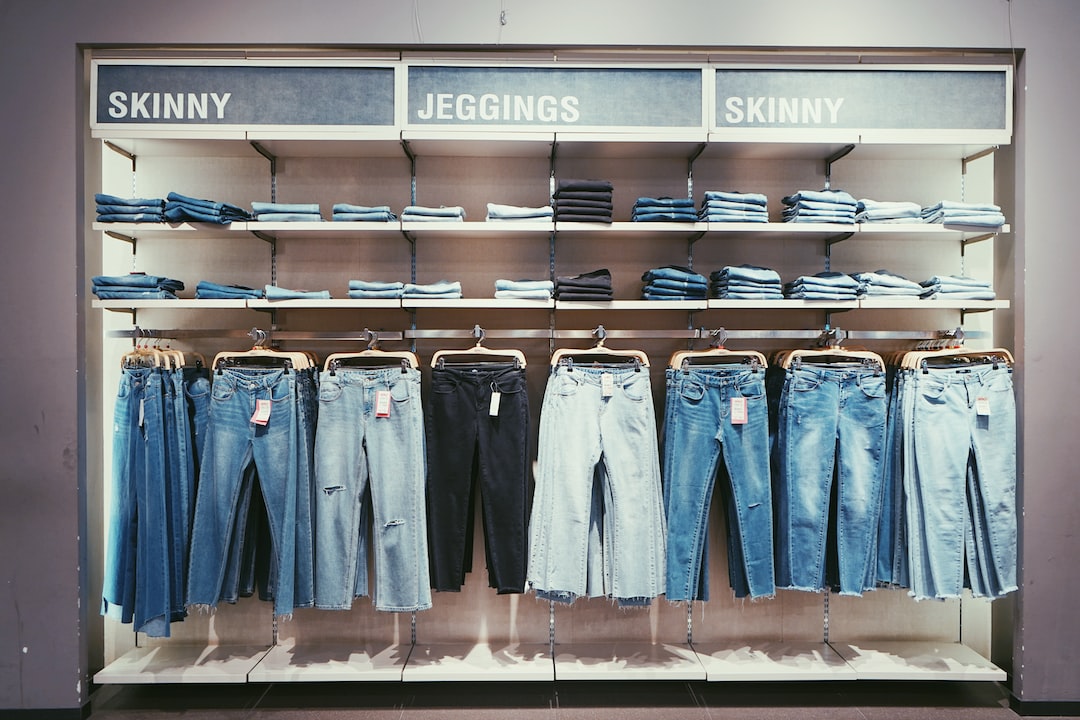Stylish and Sustainable: Eco-Friendly Fashion for Ethical Consumers
In recent years, the fashion industry has been under scrutiny for its negative impact on the environment. From harmful chemicals used in dyeing fabrics to the excessive waste generated from fast fashion, the industry has a long way to go in terms of sustainability. However, there is a growing movement of ethical consumers who are demanding fashion that not only looks good but also does good for the planet.
Eco-friendly or sustainable fashion refers to clothing, accessories, and footwear made from sustainable materials in an ethical manner. It takes into account the entire lifecycle of a garment, from the sourcing of materials to its production and disposal. By opting for eco-friendly fashion, consumers can minimize their carbon footprint and contribute to a more sustainable future.
One of the key aspects of eco-friendly fashion is the use of organic materials. Traditional cotton production is responsible for a significant amount of pollution due to the heavy use of pesticides and fertilizers. Organic cotton, on the other hand, is grown without the use of harmful chemicals, making it a more sustainable option. Other sustainable materials include hemp, bamboo, and Tencel, which are not only better for the environment but also tend to be more durable and long-lasting.
Another important factor to consider in eco-friendly fashion is the fair treatment and pay of workers. Many fast fashion brands outsource their production to countries with lower labor costs, often resulting in poor working conditions and unfair wages. Ethical fashion brands, however, prioritize the well-being of their workers by ensuring fair wages, safe working environments, and regular inspections. By supporting these brands, consumers can contribute to the fight against labor exploitation and promote fair trade practices.
The concept of upcycling and recycling is also gaining popularity in the fashion industry. Upcycling refers to the process of transforming discarded or unwanted materials and turning them into new products. This not only reduces waste but also gives new life to old items. Many eco-friendly fashion brands are now incorporating upcycling into their designs, creating unique and one-of-a-kind pieces. Recycling, on the other hand, involves converting waste materials into new fabrics, such as recycled polyester made from plastic bottles. By embracing upcycled and recycled fashion, consumers can make a positive impact on the environment and reduce the demand for new resources.
The fashion industry is also notorious for its excessive production and waste. The rise of fast fashion has led to a cycle of buying and discarding clothes at a rapid pace. This results in overflowing landfills and a significant amount of water and energy consumption. Slow fashion, on the other hand, promotes the idea of investing in high-quality, timeless pieces that are made to last. By choosing quality over quantity, consumers can reduce waste and contribute to a more sustainable fashion industry.
To meet the growing demand for eco-friendly fashion, many designers and brands are now embracing sustainability and incorporating it into their collections. From high-end luxury brands to independent designers, there is a wide range of options available for ethical consumers. Sustainable fashion is no longer synonymous with boring and unfashionable designs. On the contrary, many eco-friendly brands offer stylish and trendy pieces that cater to a diverse range of tastes and preferences.
Furthermore, the rise of online platforms and marketplaces dedicated to sustainable fashion has made it easier than ever for consumers to make ethical choices. These platforms curate a selection of eco-friendly brands, making it convenient for shoppers to find and purchase sustainable fashion. Additionally, some platforms offer resources and tools for consumers to educate themselves about the impact of their fashion choices and make better-informed decisions.
In conclusion, eco-friendly fashion is no longer a niche market but a growing movement that is reshaping the fashion industry. By opting for sustainable materials, fair trade practices, upcycling, and recycling, ethical consumers can make a positive impact on the environment and support brands that prioritize sustainability. With the increasing availability of stylish and trendy options, there is no excuse not to embrace eco-friendly fashion and contribute to a more sustainable future.
